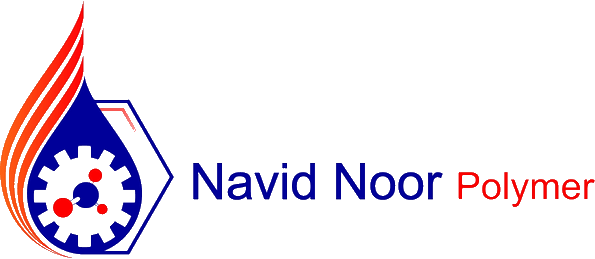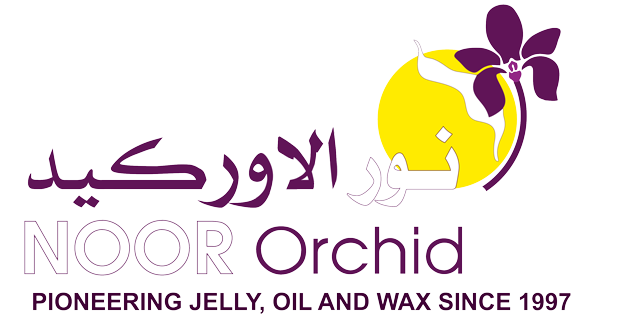Is Petroleum Jelly a good sunscreen?
Opening
Commonly recognized by the brand Vaseline, petroleum jelly is a flexible substance with several skincare uses. Its capacity to hydrate and protect the skin has begged concerns about whether it may potentially act as a sunscreen. This blog article seeks to investigate the qualities, possible advantages, and shortcomings of petroleum jelly as a sunscreen, therefore addressing its efficacy.
Realizing Sunscreen
One topical treatment meant to shield the skin from the damaging consequences of UV (UV) radiation from the sun is sunscreen. Usually including active components that either absorb or reflect UV light, it lessens their penetration into the skin and helps to avoid sunburn, early aging, and skin cancer.
Characteristics of Petroleum Gel
Made of hydrocarbons taken from petroleum, petroleum jelly is a semi-solid combination. Its capacity to build a protective layer on the skin and moisturize it is well recognized.
Oblique Characteristic Nature
On the surface of the skin, petroleum jelly lays a thick, occlusive layer that locks in moisture and shields against outside irritants. Maintaining skin hydrated and stopping moisture loss depend on this barrier action.
Properties of Moisture
The emollient qualities of petroleum jelly assist to soften and smooth skin. For dry or chapped skin, it may especially help by offering comfort and encouraging healing.
Can petroleum jelly protect against sun damage? Although petroleum jelly forms a barrier on the skin, it lacks the active components required to provide good UV protection.
Formation of a Barrier
Petroleum jelly’s occlusive barrier may protect the skin from irritants and environmental toxins. Still, it provides inadequate protection against UV light from the sun.
Reflective Quality. Some reflecting qualities of petroleum jelly might help to disperse some UV light. This impact is small, however, when compared to the degree of protection offered by certain sunscreen formulations.
SPF Materials
Unlike conventional sunscreen creams, petroleum jelly lacks SPF, or Sun Protection Factor. Mostly in charge of sunburn, SPF gauges the degree of UVB radiation protection. Petroleum jelly cannot sufficiently protect the skin from UVB without SPF.
Petroleum Jelly’s shortcomings as Sunscreen
Although petroleum jelly might provide some degree of environmental factor protection, it is not a good substitute for sunscreen. Among many constraints are:
Lack of SPF: Petroleum jelly lacks SPF, so it cannot provide enough defense against UV rays.
Petroleum jelly is not designed to give complete sun protection even if its reflecting qualities may provide some protection against UV rays.
Relying only on petroleum jelly for sun protection raises your chances of sunburn, early aging, and skin cancer.
It might be your interest: petroleum jelly uses
How may one use petroleum jelly for sun protection?
Although petroleum jelly cannot replace sunscreen, it may help attempts at sun protection in the following respects:
Apply petroleum jelly to sensitive or dry areas of the skin to retain moisture and stop sun-induced dryness.
Use petroleum jelly to moisturize and cool sun-exposed skin after outdoor activity.
Apply petroleum jelly to places prone to chafing or irritation to provide a barrier against friction and pain.
Research Dermatologist Advice and Expert Views
Dermatologists stress the need to use specifically designed sunscreen lotions with enough SPF to guard against UV rays. Although petroleum jelly helps retain skin moisture, it is not a replacement for sunscreen in daily sun protection regimens.
Investigations Results
Though it is not specially designed for sun protection, studies have shown that petroleum jelly might provide some degree of defense against environmental elements. Its main purposes are to guard the barrier function of the skin and hydrate it.
In summary
Although it helps to hydrate and preserve the skin, petroleum jelly does not provide enough sun protection on by itself. Using sunscreen products with enough SPF will help to protect the skin from damaging UV rays. Although petroleum jelly hydrates and soothes the skin, it should not be depended upon as the only way to protect against the sun. Maintaining healthy, protected skin calls on including sunscreen in your skincare regimen.

This is Kamran Malekian working in the petroleum jelly manufacturing industry for Navid Noor Company since 2013 I am eager to make content in this industry and have a good impact on professional users and people using cosmetic and pharmaceutical products.










No comment